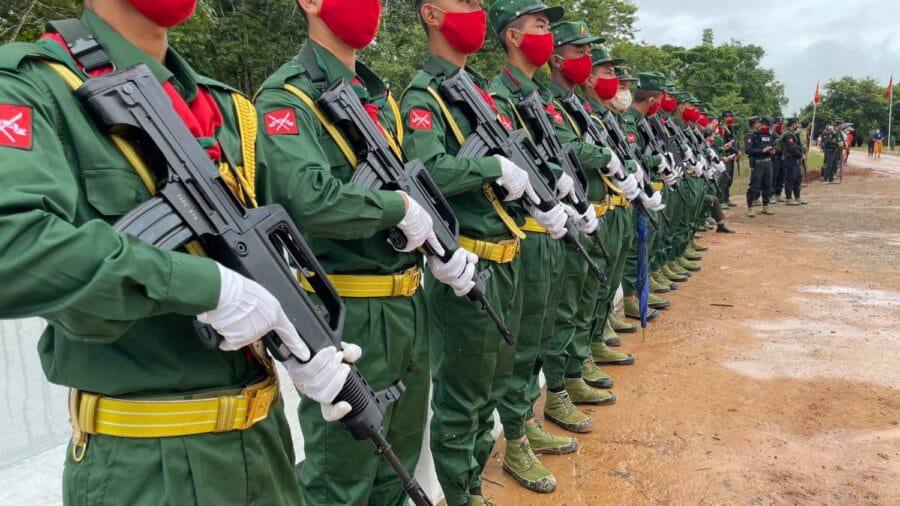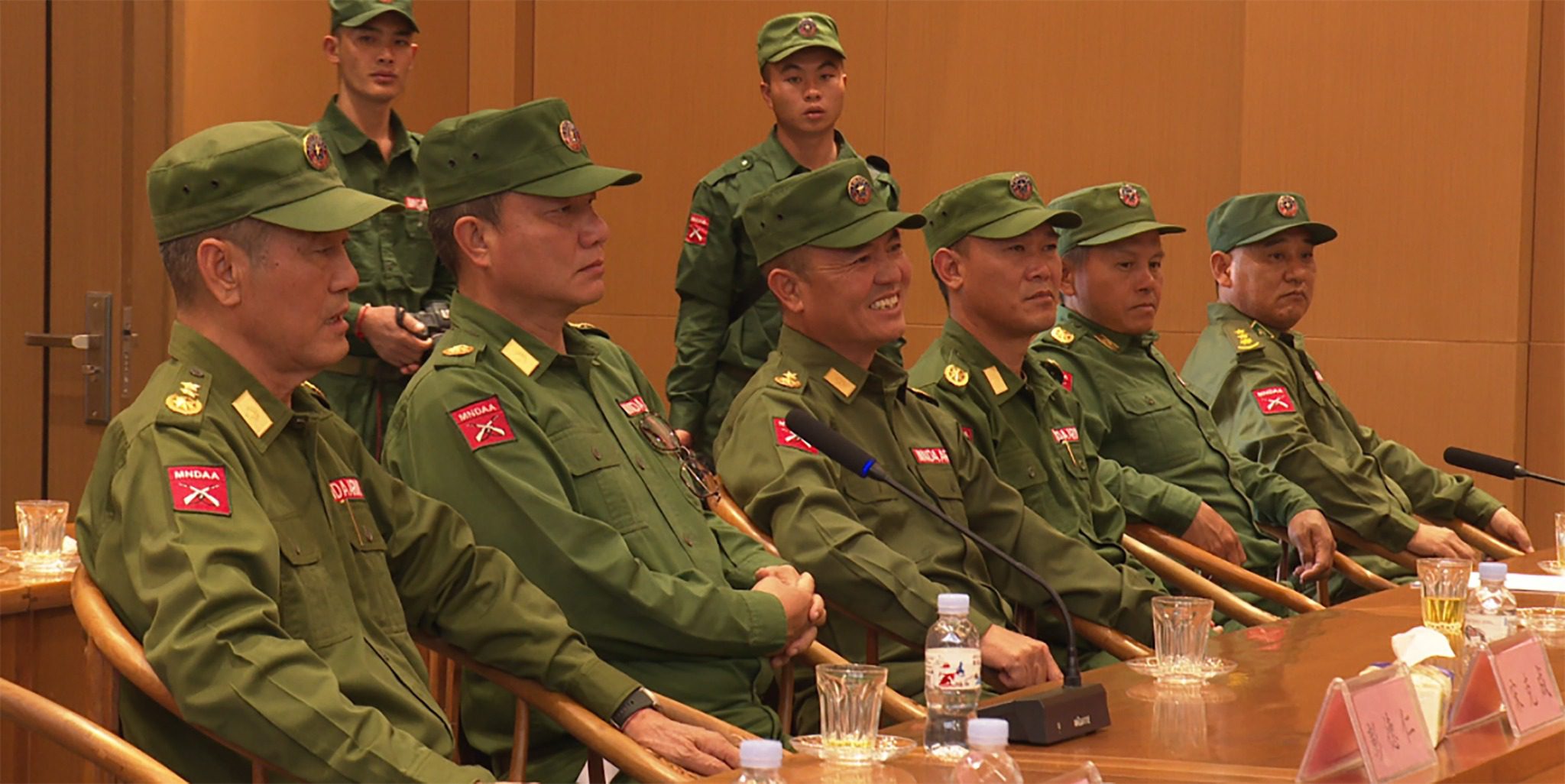CNI News
14 November 2025
Shan armed organizations need to cease fire among themselves just as they have halted military engagements with the Myanmar military(Tatmadaw), political analyst Sai Main told CNI News.
“Shan State cannot achieve peace by only reaching a ceasefire with the military council. Even groups like the RCSS and SSPP, which say they are working for the interests of Shan people, have clashed with each other. So we cannot say similar clashes won’t happen among other armed groups as well. The key point is—just as they can cease fire with the military, they must also cease fire with all the people who live together in the same region. Only then can there be real peace. Right now, it’s not like that. They stop fighting the military, but they still want to fight each other. This is not a good sign,” he said.
The Restoration Council of Shan State (RCSS) is a signatory to the Nationwide Ceasefire Agreement (NCA), while the Shan State Progress Party (SSPP) has signed the preliminary state-level and union-level ceasefire agreements with the government.

SSPP troops seen
In addition, the SSPP is a member of the Federal Political Negotiation and Consultative Committee (FPNCC), led by the UWSA.
Since 2021, Shan armed groups have neither joined the Myanmar military in joint offensives nor sided with the revolutionary forces to wage war against the military, military and political analysts noted.
Furthermore, groups that collaborated with Spring Revolution forces in urban offensives—such as the Kokang MNDAA and the Ta’ang TNLA in northern Shan State—have also signed ceasefire agreements with the military.
As a result, almost all ethnic armed organizations in Shan State are now under ceasefire arrangements with the Myanmar military, according to analysts.
Despite this, clashes have continued in Shan State—between the RCSS and SSPP, between TNLA and SSPP, and between KIA and TNLA.

MNDAA troops seen
Political analyst Sai Main told CNI News that only when Shan State’s internal diversity can be united will it be possible to build a union based on unity.
“Although clashes are happening now, judging from social media exchanges, these clashes look set to continue into next year. They are attacking each other online as well. That’s also significant. Just as they ceasefire with the military council, they should also ceasefire among themselves. Only then can they move toward a genuine federal union. Only when Shan State’s diversity can be consolidated will it be possible to build the kind of unity needed for a union. Otherwise, there will never be peace. In reality, the so-called union will only exist in name. Fighting will return, and divisions will remain,” he said.
Shan State is home to many ethnic groups and numerous armed organizations. Since the political changes of 2021, armed conflicts have expanded and intensified, leading analysts to closely monitor the evolving political situation in Shan State.




